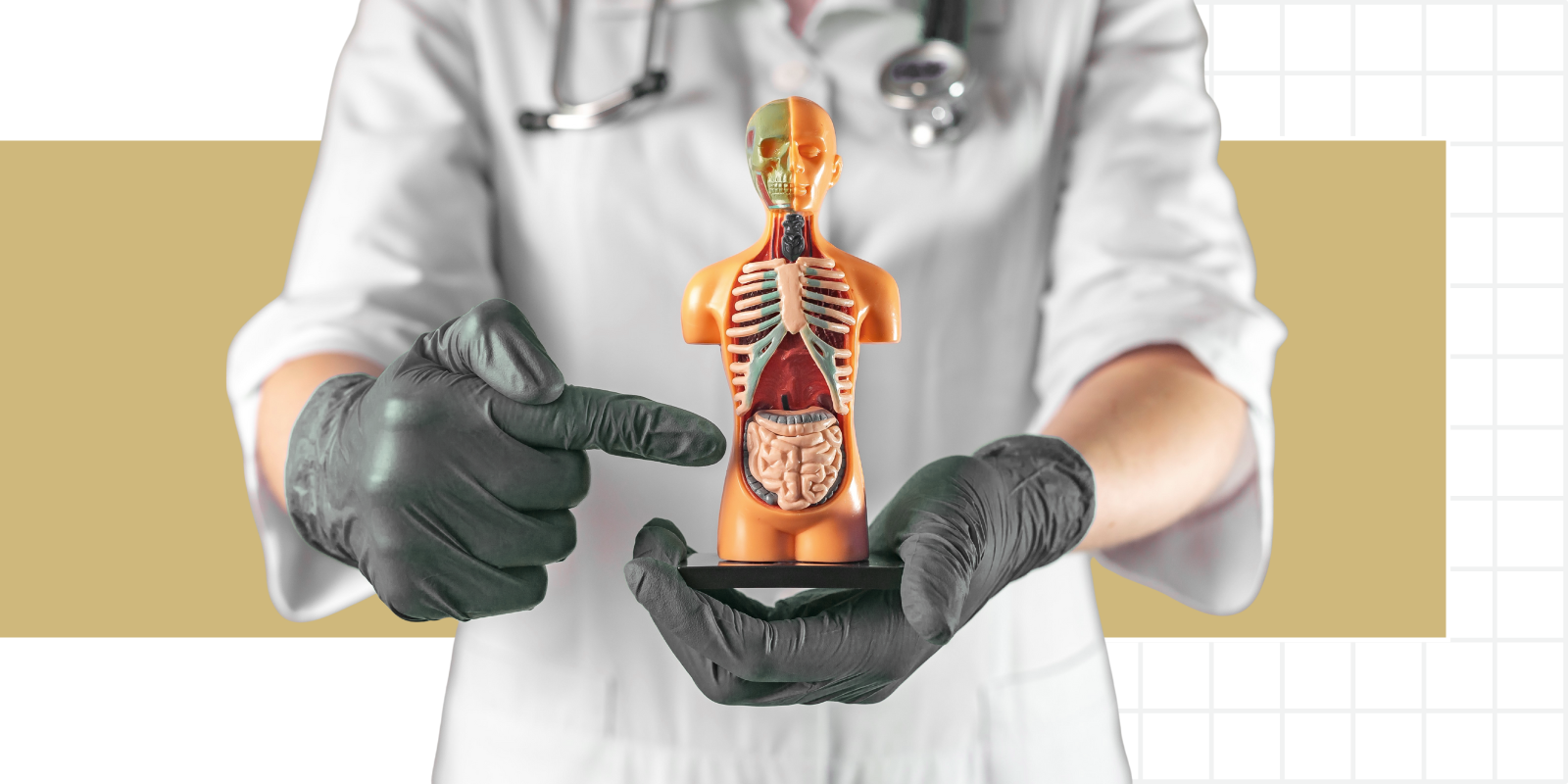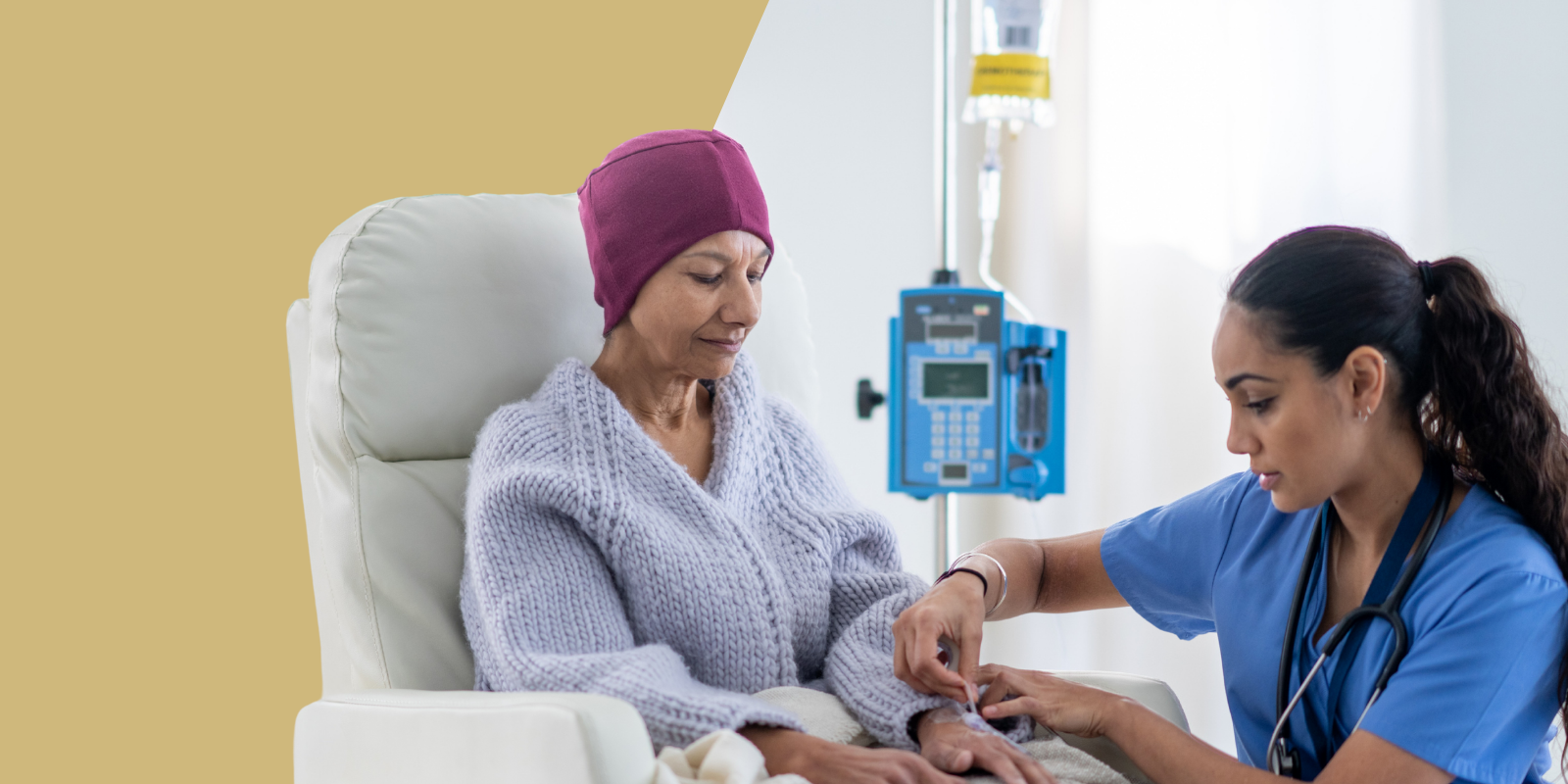The University of Colorado Cancer Center is distributing free colorectal cancer screening kits that can be used at home, targeting uninsured people across Colorado with lower rates of screening for a cancer that is the No. 2 cause of cancer deaths.
As part of the CU Cancer Center initiative, people who test positive in the initial round of screening will get help from patient navigators to schedule a follow-up diagnostic colonoscopy test, the cost of which will be covered with help from donors.
The goal is to distribute 1,000 fecal immunochemical tests (FIT) by year’s end to uninsured people between ages 45 and 75 at community health fairs and other events statewide, says Jan Lowery, PhD, MPH, assistant director for dissemination and implementation at the CU Cancer Center’s Office of Community Outreach and Engagement (COE).
One such distribution event was the Aurora Wellness Community Health Fair, held March 30 at Aurora Science & Tech Middle School, 2540 N. Scranton St., just north of the University of Colorado Anschutz Medical Campus. The fair also offered various medical screenings, vaccinations, mental health guidance, and more.
Future FIT distribution locations are being arranged now. The program will pick up steam from late spring through the fall months, Lowery says. “Our team members are actively reaching out to find community organizations that are doing health fairs and other community events and asking if we can come to provide education and hand out the kits.”
No special preparation
FIT is a type of stool-based test that detects occult (hidden) blood in the stool, which can be a sign of colorectal cancer. The user collects a stool sample and then sends it to a lab in packaging supplied with the kit. Unlike a colonoscopy, a FIT test can be administered at home, and it doesn’t require a special diet or preparation.
→ Colonoscopy vs. Stool-Based Tests: What is the Best Way to Detect Colorectal Cancer?
“We hand out the tests to people who qualify, individuals who are either uninsured or who don’t have a medical home,” Lowery says. “Individuals collect the sample themselves at their home, then mail it to the lab. Our team follows up by calling folks back and giving them the lab results.”
If people using the FIT kits test receive a positive result, “the recommendation is that they undergo a colonoscopy,” Lowery says. “Our team will help navigate people to get a colonoscopy if needed. And we have been very fortunate to secure funding to pay for colonoscopies for people who don't have insurance through partnerships with the Colon Cancer Coalition and the Colorectal Cancer Alliance.”
According to the National Cancer Institute, in 2021, an estimated 72% of U.S. adults between ages 50 and 75 were up to date with some form of colorectal cancer screening, but that rate was lower for Hispanic adults (63%), lower-income people (61%) and people with less than a high school education (57%).
“We know that individuals without insurance are less likely to be up to date with colon cancer screening, so we are targeting that population,” Lowery says. For those who have insurance, the cost of colorectal cancer screening is generally covered.
‘A big public health problem’
The CU Cancer Center last year distributed FIT kits through health fairs organized by the nonprofit 365 Health, formerly 9Health Fair. But 365 Health shut down last September, so COE has spent the last few months reorganizing its FIT test outreach program, switching to various other community health fairs and events, Lowery says.
In the 2023 program, COE attended 36 health fairs across the state, distributing 650 FIT kits, of which 140 test results were returned, including 22 abnormal tests. All 22 of those participants were navigated to a diagnostic colonoscopy. To date, no polyps or cancers have been found among last year’s participants.
Christopher Lieu, MD, the CU Cancer Center’s associate director for clinical research and an associate professor of medical oncology, says there are 150,000 new diagnoses of colorectal cancer in the United States each year, “so it’s a big public health problem.”
In Colorado, the American Cancer Society (ACS) estimates there will be 2,130 new cases of colorectal cancer diagnosed in 2024, making it the fourth most common cancer type behind breast, prostate, and lung/bronchus cancers. ACS also estimates 820 colorectal cancer deaths this year, trailing only lung cancers.
No screening is perfect
In patients with colorectal cancer, a FIT kit will accurately detect the cancer about 80% of the time versus a 99% accuracy rate for a colonoscopy.
No cancer screening method is perfect, “but the old adage is, the best screening test is the one that gets done,” Lieu says. “If it gets done, it’ll help save lives.”
He adds: “Because a FIT test doesn’t require the procedure and the prep of a colonoscopy, it’s certainly a lot easier. With a mass-distribution program like this, you’re going to get a lot more people with some level of testing than you would otherwise.”
Lieu notes that if the FIT test is positive, “it doesn’t necessarily mean that you have cancer. There are plenty of other reasons for blood to be detected in the stool, the most common of which being plain old hemorrhoids. If it’s positive, it means, OK, we should really move on to a more invasive and more reliable test.”
As an alternative to attending an event, uninsured and underinsured people can call COE at 720-441-2529 or email coe@cuanschutz.edu and, if they are eligible, a test will be sent to them. The voicemail message is in Spanish and in English.





